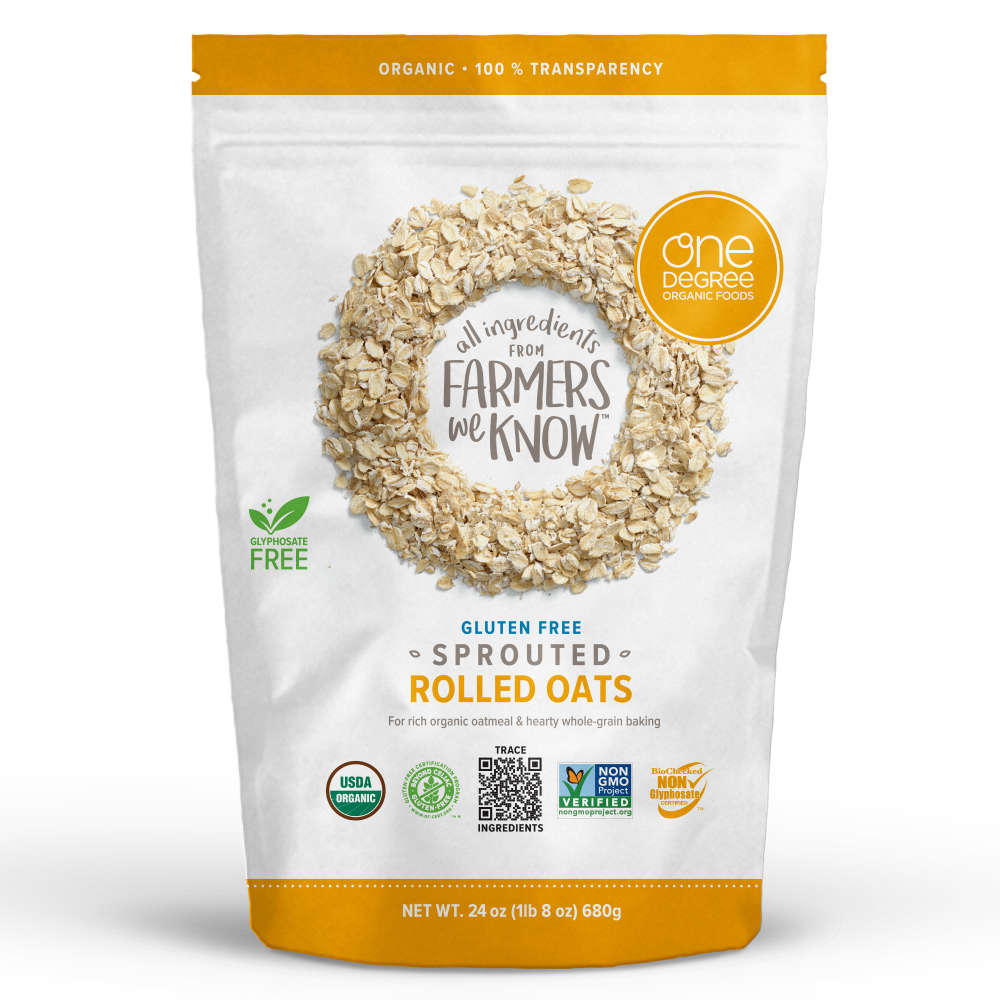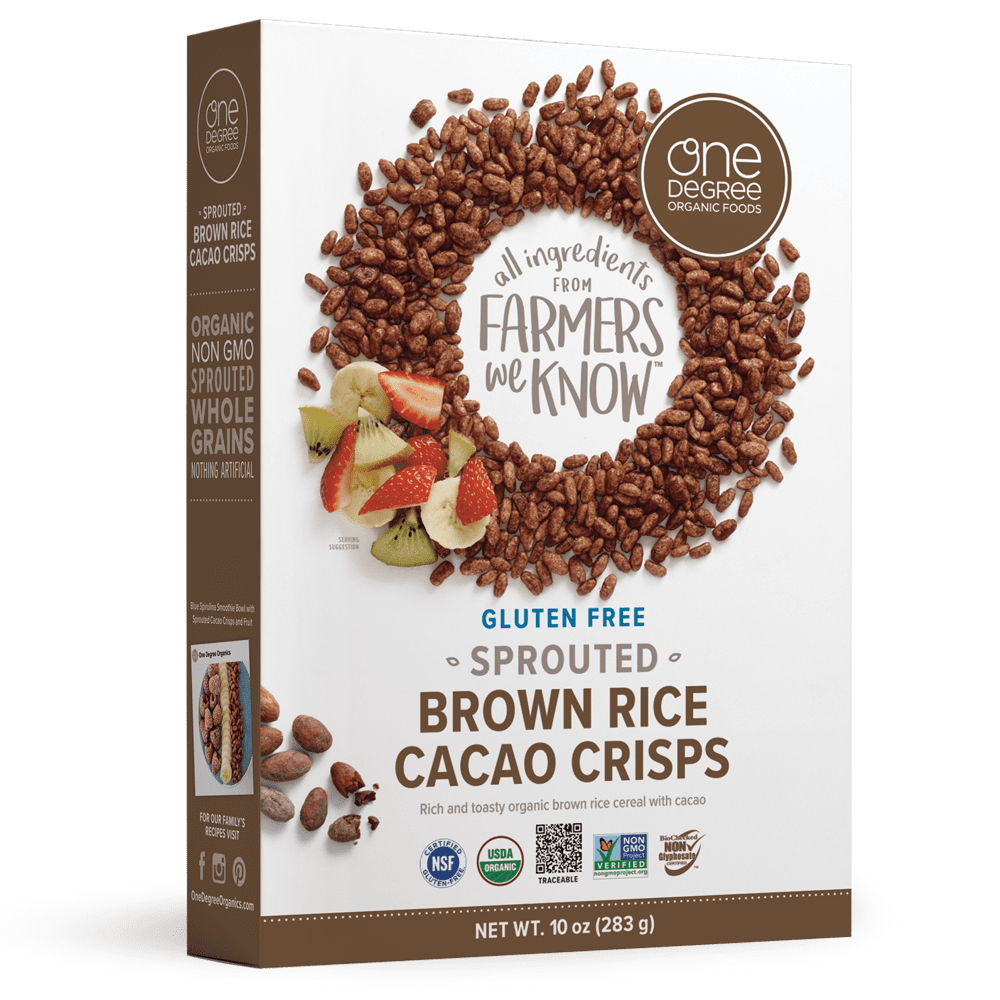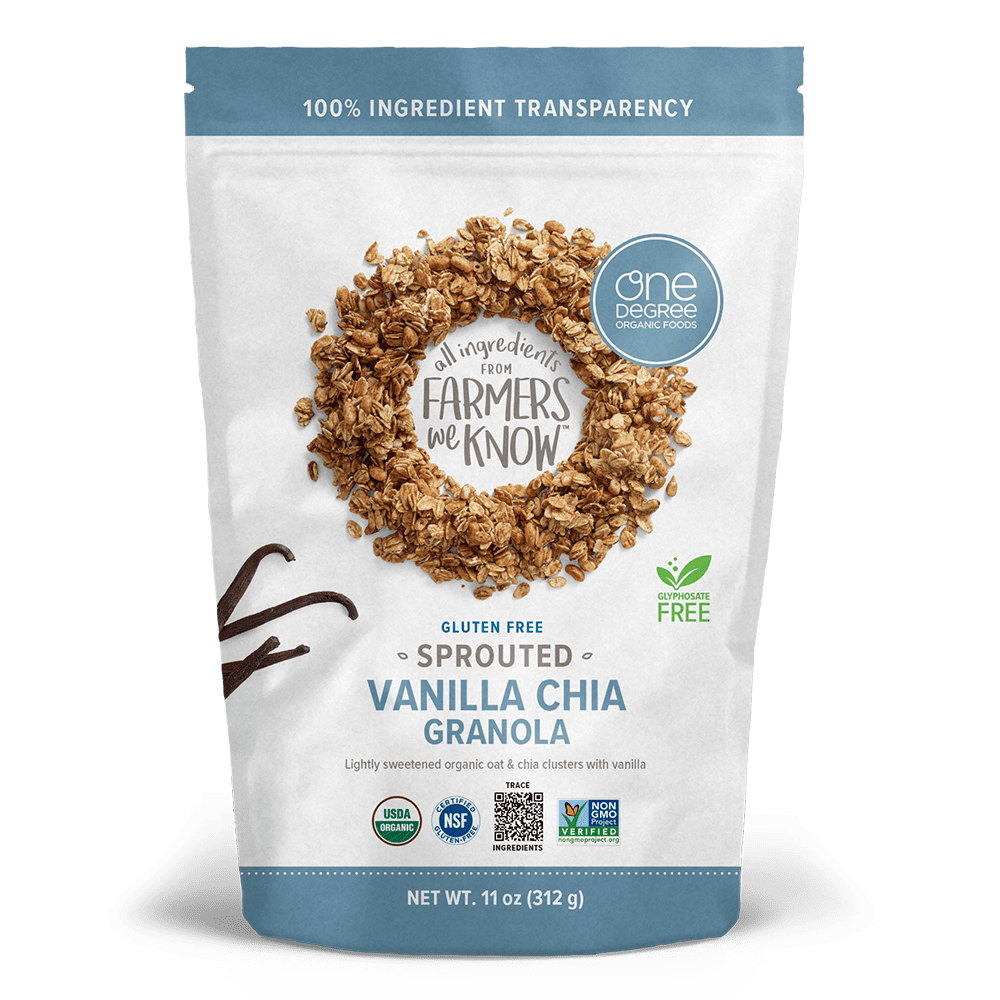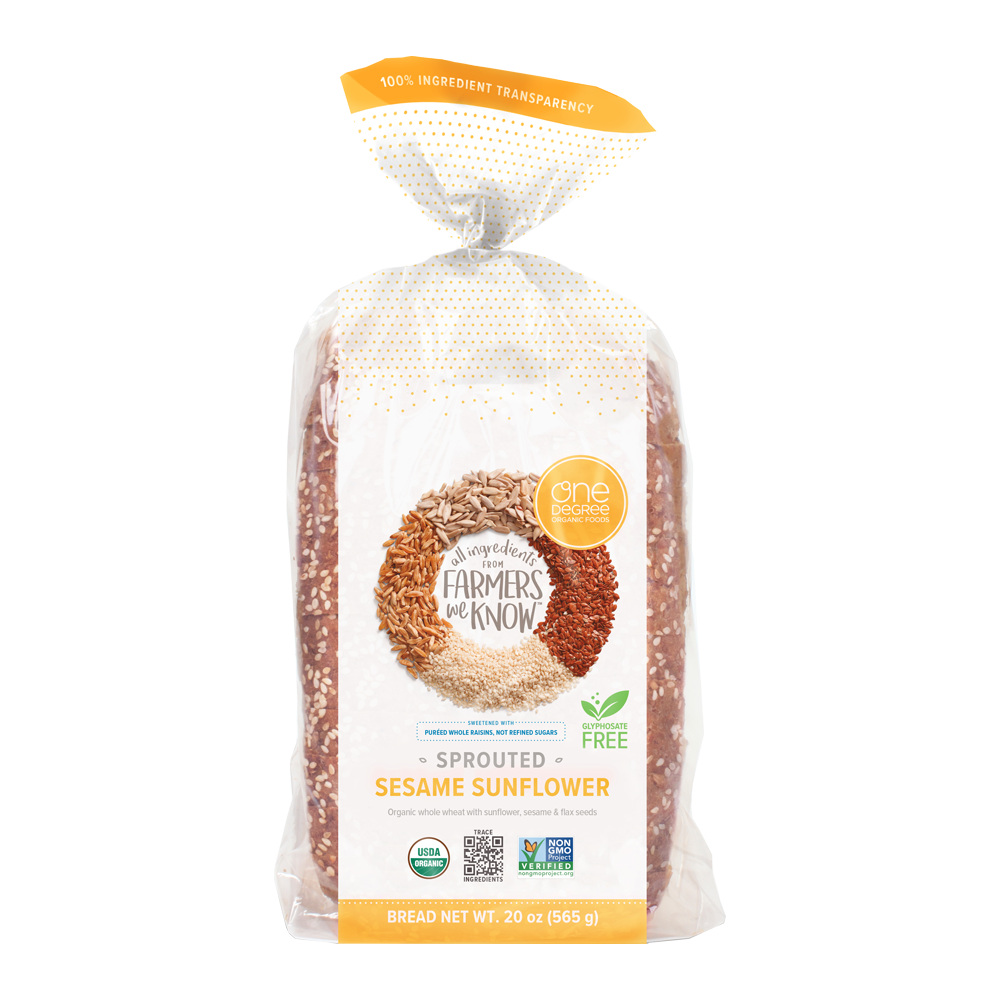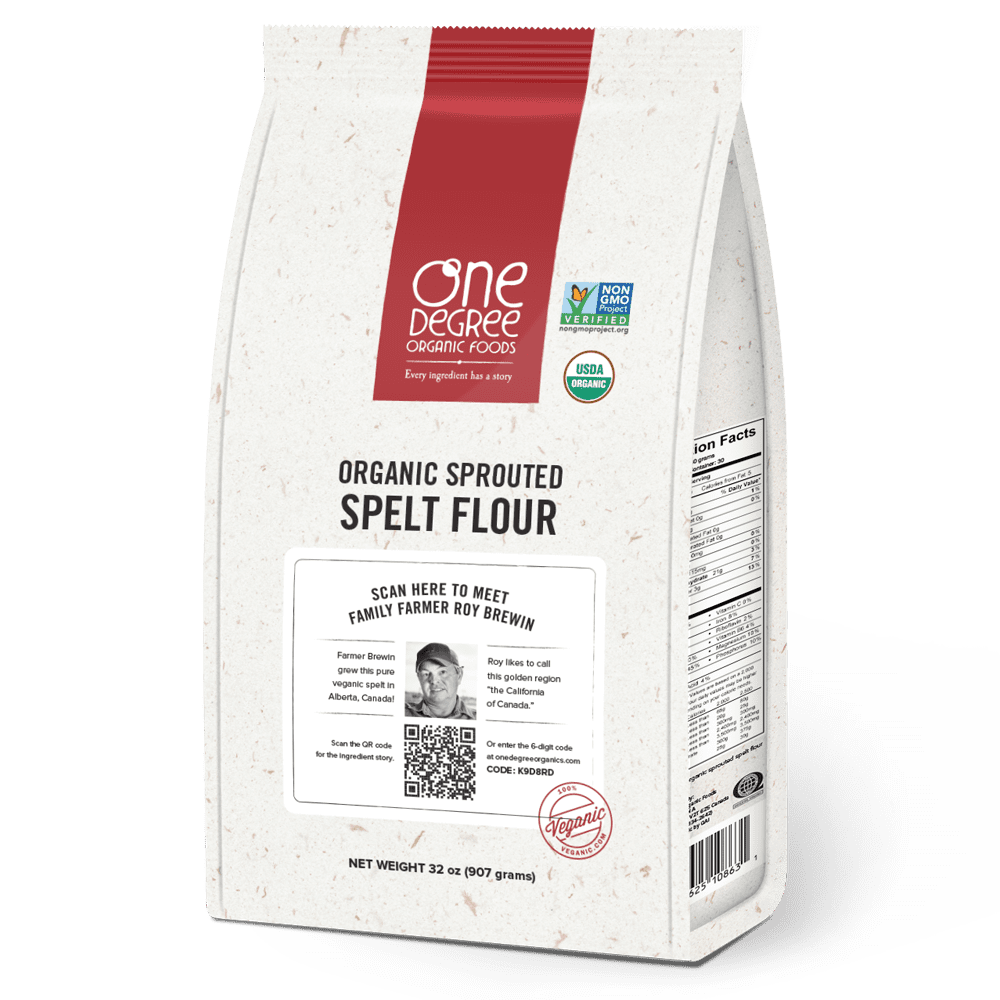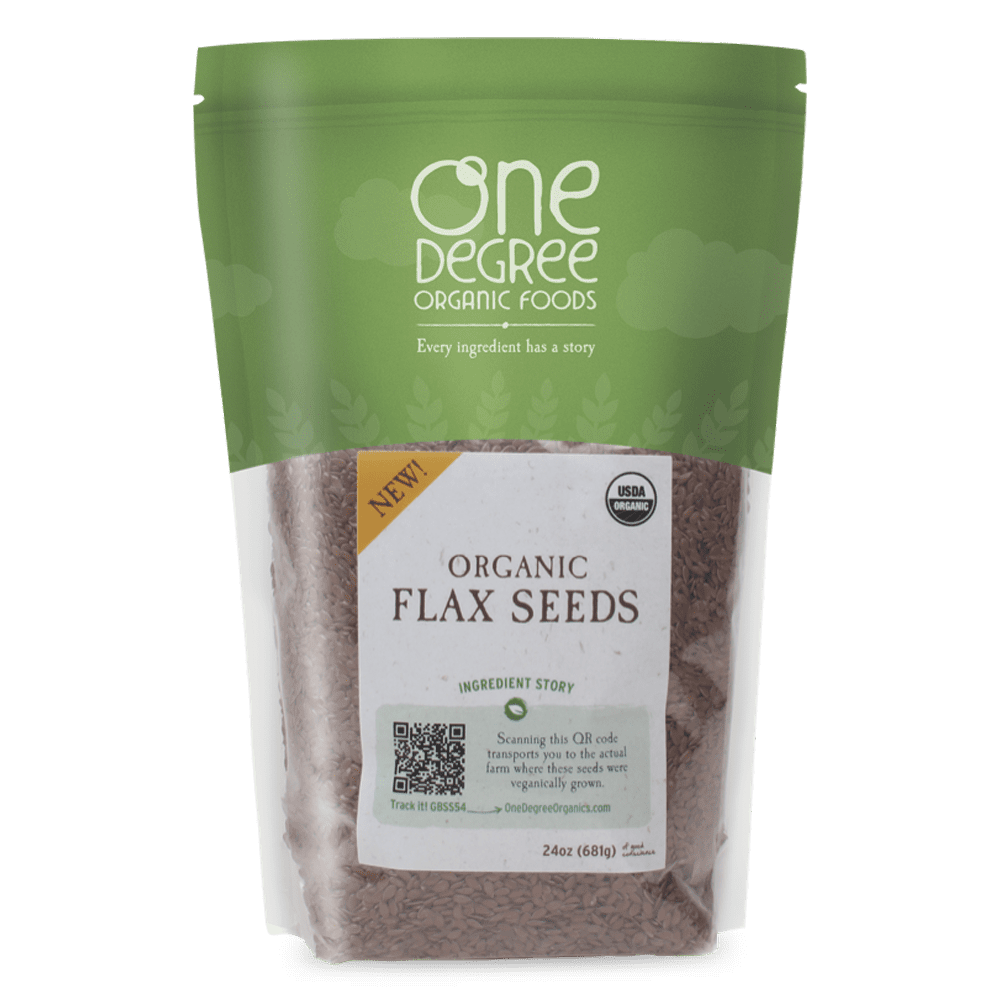Golden Prairie
For Jean Hediger, matriarch of Colorado’s Golden Prairie, family is the secret to successful farming, and also its greatest reward. Three generations of Hedigers now live on the family’s land, 3,400 acres of rich organic fields outside Fort Collins.
Jean and husband Randy moved to their present farm in 1989 from northern Montana. Randy’s dad bought a nearby farm that 24-year-old son Bryce began farming this year. Jean counts the return of Bryce to Golden Prairie after college as one of the most gratifying events on the farm in recent memory.
Bryce came home bearing a degree in finance from the University of Denver — and plenty of new ideas. “Let’s just say we both celebrate and are annoyed by all these new ideas, in the best sense of it. I expect we’re looking at lots of changes in next five years,” the proud mother laughs, adding wryly: “Whether or not his dad will choose to put those in place, we don’t know the answer to that. That’s yet to be determined.”
One thing each fiercely independent family member agrees upon is the importance of chemical-free farming. It was concern about raising a child on a conventional farm that convinced Jean and Randy to begin farming organically years ago. Today Golden Prairie produces pure harvests of certified gluten-free millet and oats for many health-conscious companies, including One Degree.
“We care about who we work with,” says Jean. “I’m blessed to say I don’t have to work with everybody who wants to work with us, there’s such a demand for our product. I love working with great companies. We’re all lucky to have each other. I’m ecstatic to be working with a company that really cares about where their food comes from.
“It’s one of the reasons I’m really interested in being associated with One Degree. Transparency in agriculture and in all parts of life is essential. We think helping consumers see where their food comes from and the process is essential, to understand. Any company that’s interested in going this far to educate the consumer — it’s a bravo from us.”
The Hedigers approach their daily work with passion. “Farming isn’t a business, it’s a lifestyle, especially organic farming,” Jean explains. “It’s a total immersion and commitment to a process, to our planet and to food consumers. We consider ourselves to be extremely lucky to be able to farm high quality organic foods. We’re the lucky ones to do a job we love.”
In addition to its place as one of Colorado’s very first certified organic farms, Golden Prairie also has the distinction of being a premier organic producer of millet, a rare sight among North America’s waves of monoculture grains. The area’s high elevation, cool nights and warm summer days make it the perfect location for cultivating an abundant harvest. In turn, millet is perfect for health-conscious customers: The farm’s signature grain is rich in nutrients, including zinc, calcium, iron, phosphorus, vitamin E, niacin, B vitamins, riboflavin, folate, magnesium and essential amino acids. It’s high in protein and fiber, certified gluten-free, and great for anyone with wheat sensitivities.
Packed with nutrients, millet is also an ideal rotation crop. “As organic farmers we need to have both a fall and spring crop so that it helps break up our weed cycle,” says Jean. “Our millet is seeded the first of June and harvested at the end of September. We seed yellow clover in with the millet. Immediately after the millet is harvested, the clover will establish itself and begin its growth. In late fall it’s less than a foot tall — it does most of its growth in spring. We let it grow until about the third week of April, and then till it back into soil. We’ve used yellow clover six or seven years now.”
Golden Prairie crop rotations may also include beans, wheat, and periods in the summer when fields lie fallow. The farm is blessed with another key resource: “We’re in good soil, simply put,” says Jean. “If you’re an organic farmer you have to have good soil, well-balanced soil. Naturally, that’s why we farm here. You choose some good soil to farm.”
As with our other One Degree farmers, the Hedigers continually study and learn from the land. Without reliance on chemicals or compounds, organic farmers out of necessity become creative in their approach to common agricultural problems such as weeds and insects. Years ago, Golden Prairie deployed a special-ops brigade of ladybugs, and that colorful pest-control population is now well-established in the fields. More recently they’ve released aphids to control perennial weeds. “Perennial weeds have a very deep root system, and are hard to control mechanically from surface,” says Jean. “Ladybugs are for the surface problem, aphids go deep underground.”
Jean is such a wealth of organic knowledge that she has been recruited by alma mater Colorado State University to teach a class in the graduate program. The university’s agricultural curriculum emphasizes conventional farming, and so Jean’s students are getting a new and uniquely unvarnished perspective. “I really enjoy working with the students. It’s great to be book smart, but as our life progresses we see hands-on experience is invaluable.
“[Our] philosophy is really to treat our planet with respect, to be careful, not to take things for granted, and to do our best work in terms of keeping our soils and our environment in order for the next generations.”
Jean’s students come to the farm to see her organic practices firsthand. “They ask a lot of questions; sometimes they question our methods,” she says of the students, many of whom live on conventional farms. “Some are receptive — and all are interested.”
It’s a lot like planting a seed, a wise farmer would say. With the right conditions, a kernel of organic knowledge may suddenly take hold, and one day grow into something as enriching as pure golden grain, and as rewarding as family.
— Charlie Dodge
